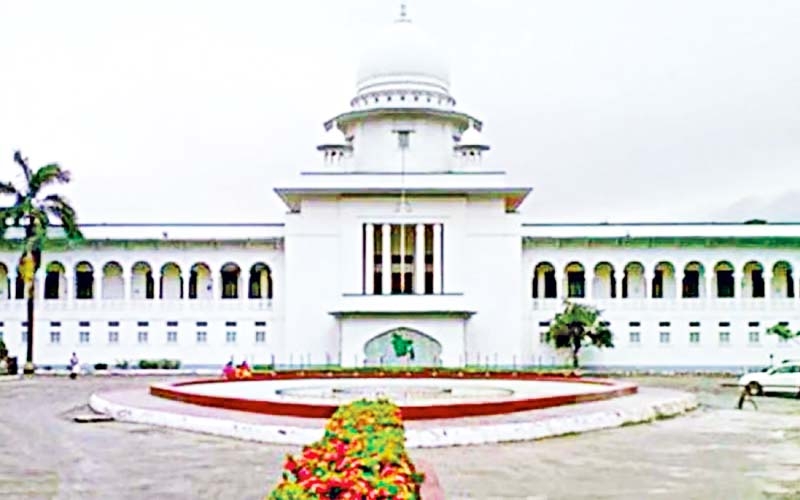- Foreign Loan Disbursement Drops 30% Amid Rising Debt Burden |
- Capital markets surge at DSE with year’s highest turnover |
- Weapons and drugs seized in Chattogram army operation, 2 arrested |
- Tarique says people won’t allow ‘vote robbery’ on Feb 12 |
- Dhaka records world’s worst air quality Wednesday morning |
Caretaker Govt Review Hearing on Supreme Court Cause List

The Supreme Court's Appellate Division is set to hear the review petitions regarding the abolition of the caretaker government system on Sunday. The hearing, listed as item 13 on the court's cause list, will be presided over by Chief Justice Dr Syed Reefat Ahmed.
On December 1, the Appellate Division scheduled December 19 for the hearing. Senior lawyers Advocate Joynul Abedin, Sharif Bhuiyan, and Mohammad Shishir Manir represented the petitioners, while Attorney General Md Asaduzzaman appeared for the state.
BNP Secretary General Mirza Fakhrul Islam Alamgir filed a review petition on October 16, challenging the Supreme Court's 2011 verdict that scrapped the caretaker government system under the 13th Amendment. Similar petitions were also filed by Dr Badiul Alam Majumdar, Secretary General of Sushashoner Jonno Nagorik (Sujon), and Prof Mia Golam Parwar, Secretary General of Bangladesh Jamaat-e-Islami. The court decided to hear all petitions collectively.
The caretaker government system, introduced through the 13th Amendment in 1996, was challenged by three lawyers, including M Salim Ullah. The Appellate Division declared the amendment unconstitutional on May 10, 2011. Subsequently, the Jatiya Sangsad passed the 15th Amendment on June 30, 2011, ratifying the caretaker system's abolition, with the amendment officially gazetted on July 3.
Recently, a High Court bench comprising Justice Farah Mahbub and Justice Debashish Roy Chowdhury declared Sections 20 and 21 of the 15th Amendment unconstitutional, stating they conflict with the core principles of the constitution.

